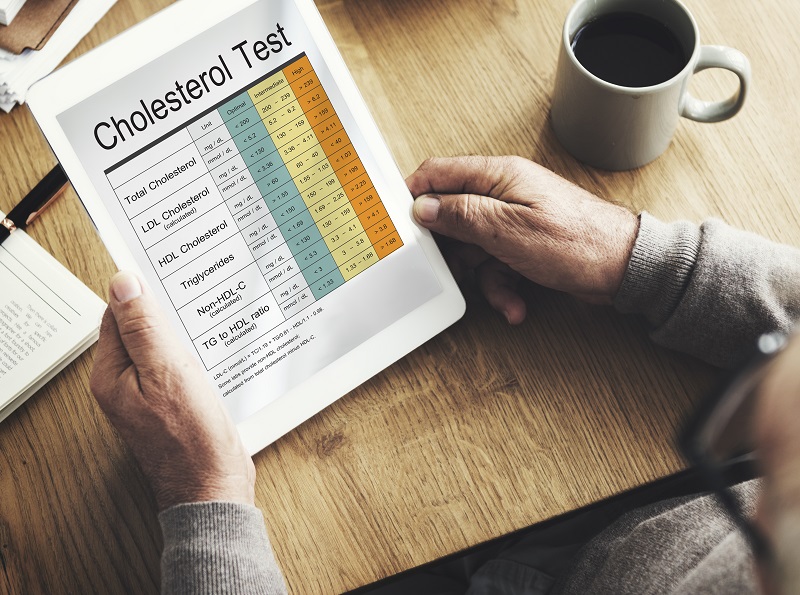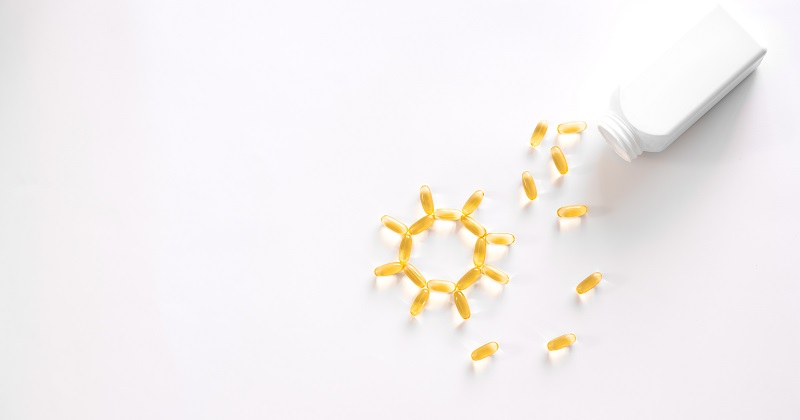The Buyt Desk
Cholesterol’s waxy consistency in blood makes it risky for health, especially heart health when found at higher levels. Cholesterol is needed to build healthy cells.
Cholesterol is not always bad but it is needed by our body. A normal level of cholesterol is essential stuff our body needs for day-to-day working. People with high levels of cholesterol in the blood are in silent danger as it puts them at risk of a heart attack.
What is cholesterol?
Cholesterol is an essential substance found in every cell of the body. It has a major role to play in digesting food, producing hormones and producing vitamin D. Cholesterol is produced by our body and is also present in our food. Cholesterol is a waxy oil-based substance and is fat-like in appearance. It does not mix with water and hence does not dissolve in the blood. Along with blood, it travels around the body along with blood in lipoproteins. There are 2 types of lipoprotein cholesterol carriers –
-
Low-density lipoprotein also known as LDL Cholesterol is considered unhealthy or bad cholesterol.
-
High-density lipoprotein also known as HDL Cholesterol is considered healthily or good cholesterol.
What are the primary functions of Cholesterol?
-
Being part of the structure of cell walls
-
Producing digestive bile acids in the intestine
-
Helping the body in the production of Vitamin D
-
Helping the body produce certain hormones
What causes high cholesterol?
High cholesterol level in the blood is a major risk factor for coronary heart disease. It may even cause heart attacks. As the cholesterol builds up, the arteries narrow. This condition is known as atherosclerosis where blood flow is restricted because of plaques. The major causes of high cholesterol are
-
Obesity – Excess weight can lead to higher LDL levels in the blood
-
Genetic factors – Inheriting familial hypercholesterolemia may cause very high LDL levels
-
Diabetes
-
liver or kidney disease
-
polycystic ovary syndrome (PCOS)
-
pregnancy
-
increased levels of female hormones
-
underactive thyroid gland
-
few drugs like progestins, anabolic steroids and corticosteroids increase LDL cholesterol and decrease HDL cholesterol
How to decrease cholesterol levels?
Eat a healthy low-fat diet. To manage cholesterol intake of fat should be restricted. Also, reduce food consumption that contains –
-
Cholesterol is present in animal foods, meat, and cheese
-
Saturated fat from meats, chocolate, dairy products, baked goods, processed foods and deep-fried
-
Trans fats are present in fried and processed foods.
What are the symptoms of High cholesterol?
Usually, a person with high cholesterol levels does not show any symptoms. Regular screening through blood tests is the only way to detect high cholesterol. When not monitored, the high cholesterol level is not known and the person may have a heart attack without warning. With regular tests, risk can be mitigated. Lifestyle changes will help manage cholesterol levels.
What food lowers Cholesterol?
Having the below food as a part of a balanced diet will help keep cholesterol in check –
-
oats
-
barley and whole grains
-
beans
-
eggplant and okra
-
nuts
-
vegetable oil like canola, sunflower, olive
-
fruits like apples, grapes, strawberries and citrus
-
soy and soy-based foods
-
fatty fish mainly salmon, tuna, and sardines
-
foods rich in fibre
What food increases bad Cholesterol levels?
-
red meat
-
full-fat dairy
-
margarine
-
hydrogenated oils
-
baked goods
What are cholesterol Levels and ranges?
In adults, total cholesterol levels
-
Below 200 milligrams per deciliter (mg/dL) is healthy
-
Between 200 and 239 mg/dL is borderline high
-
Above 240 mg/dL is considered high
LDL cholesterol levels
-
less than 100 mg/dL is healthy
-
between 100 – 129 mg/dL is acceptable for people with no health problems
-
between 130 – 159 mg/dL is borderline high
-
between 160 – 189 mg/dL is high
-
Above 190 mg/dL is very high
HDL cholesterol levels
-
Above 60 mg/dL is healthy
-
Below 40 mg/dL – a major risk factor for heart disease
-
Between 41 mg/dL – 59 mg/dL is borderline low
How to lower high cholesterol?
To reduce cholesterol levels make four major lifestyle changes
-
eat a heart-healthy diet – low fat and high fibre
-
regular exercise, physical activity
-
avoid smoking and drinking alcohol
-
reduce weight and maintain it
Lipid-lowering therapy is administered to a person with very high cholesterol levels. The drug depends on health conditions, risk factors and cholesterol levels. For people with a high risk of heart attack, statin drugs are prescribed. This is a cholesterol-lowering drug.







